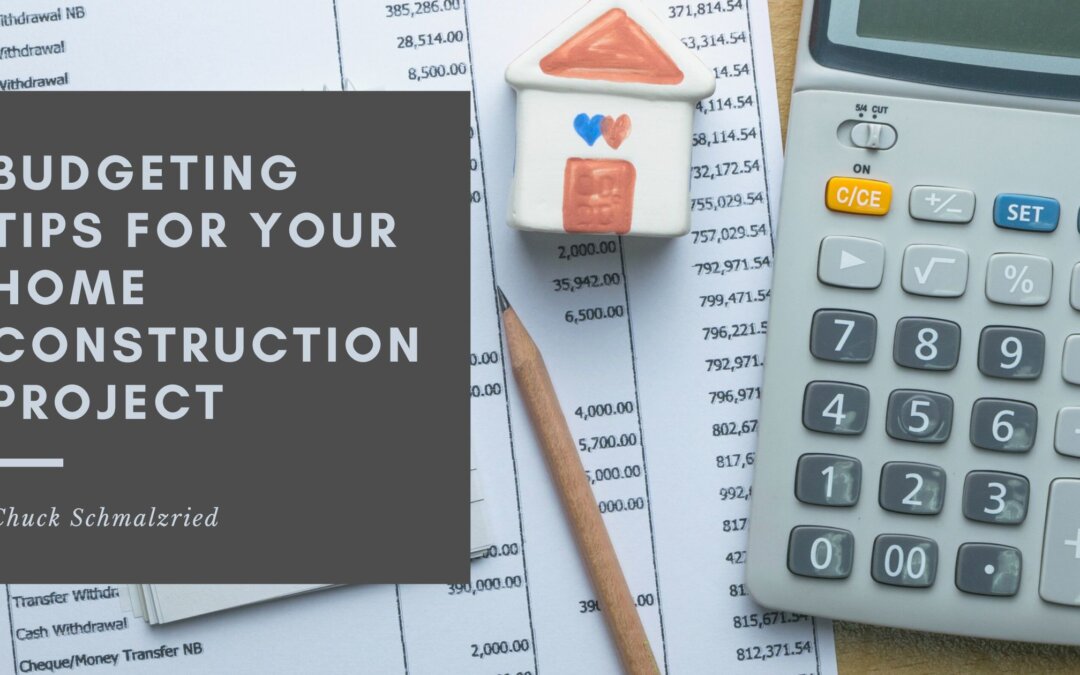Building a new home is a significant undertaking, and one of the most crucial aspects of the project is managing your budget effectively. Home construction projects are notorious for their potential to go over budget, causing stress and financial strain. However, with careful planning and discipline, you can keep your project on track and ensure your dream home doesn’t become a financial nightmare.
Here are some budgeting tips to help you successfully navigate your home construction project.
Set a Realistic Budget: The first step in managing your construction project’s budget is establishing a realistic one. Take the time to research and gather accurate estimates for every aspect of your project, from construction materials and labor to permits and landscaping.
Account for Contingencies: Construction projects can be unpredictable. Unforeseen issues, like weather delays or hidden problems with the site, can disrupt your budget.
Get Multiple Bids: Don’t settle for the first estimate you receive when hiring contractors and subcontractors. Seek multiple bids for each trade and compare prices, timelines, and references.
Prioritize Needs Over Wants: While it’s natural to have a wish list for your dream home, it’s crucial to prioritize your needs over your wants. Allocate your budget to essential elements, such as a sturdy foundation, quality insulation, and efficient HVAC systems.
Work Closely with Your Builder: Communication with your builder is key to staying on budget. They can provide valuable insights into cost-saving measures and guide you in making decisions that align with your budget.
Energy Efficiency Investments: Consider long-term cost savings using energy-efficient systems and materials. While these might have higher upfront costs, they can significantly reduce your monthly utility bills, saving you money over the years.
Track Expenses: Keep meticulous records of all expenses related to your project. This includes receipts, invoices, and any changes in the budget. Use budgeting software or spreadsheets to track expenses, making identifying discrepancies and addressing them promptly easier.
Avoid Scope Creep: Scope creep occurs when you start adding features or making changes to the project that were not in the original plan. While some adjustments are inevitable, excessive scope creep can quickly inflate your budget.
Regular Inspections: Engage in regular inspections throughout the construction process. This allows you to identify issues or mistakes early, preventing costly fixes.
Consider a Construction Loan: Explore construction loans if you cannot fund the entire project with cash. These loans provide funds in stages to cover construction costs.
Review Contracts Carefully: When working with contractors, ensure you understand your contracts’ terms and conditions. Be wary of hidden fees or unclear terms that could impact your budget. Seek legal advice if necessary.
Effective budget management is vital for a successful home construction project. By setting a realistic budget, accounting for contingencies, seeking multiple bids, prioritizing needs, working closely with your builder, and following the other tips mentioned, you can avoid budget overruns and ensure your dream home is built within your financial means.

